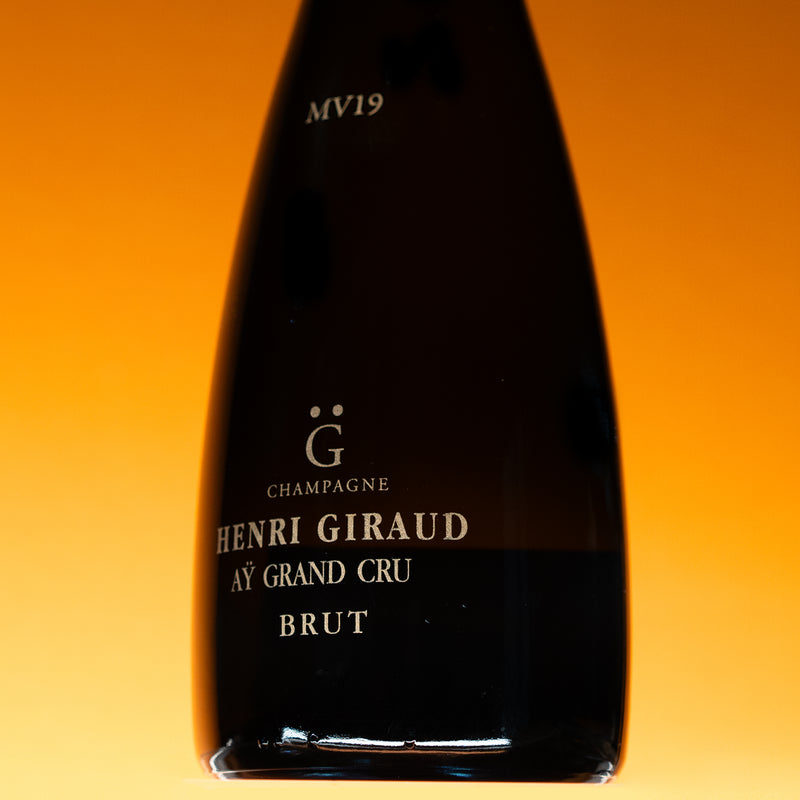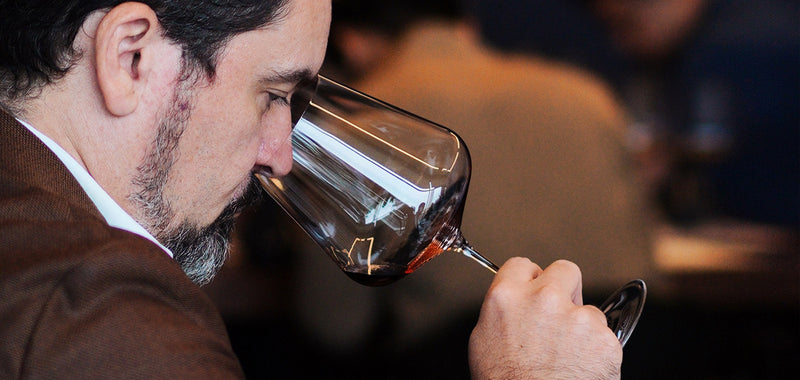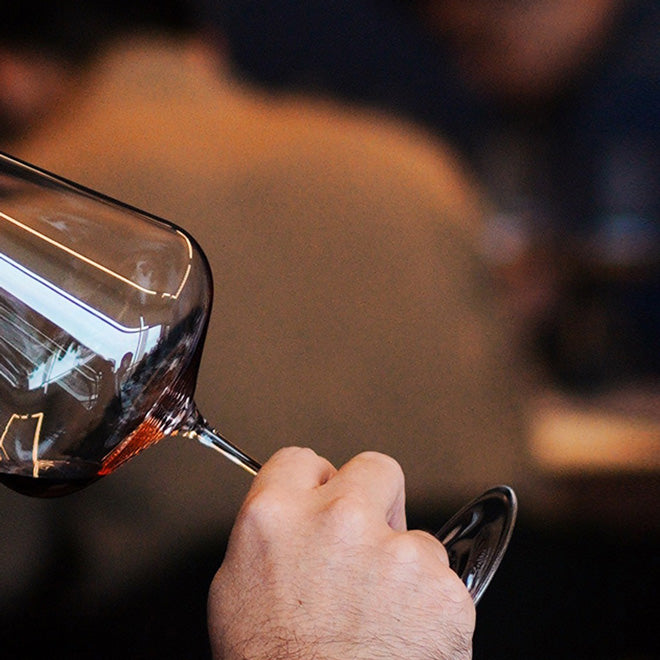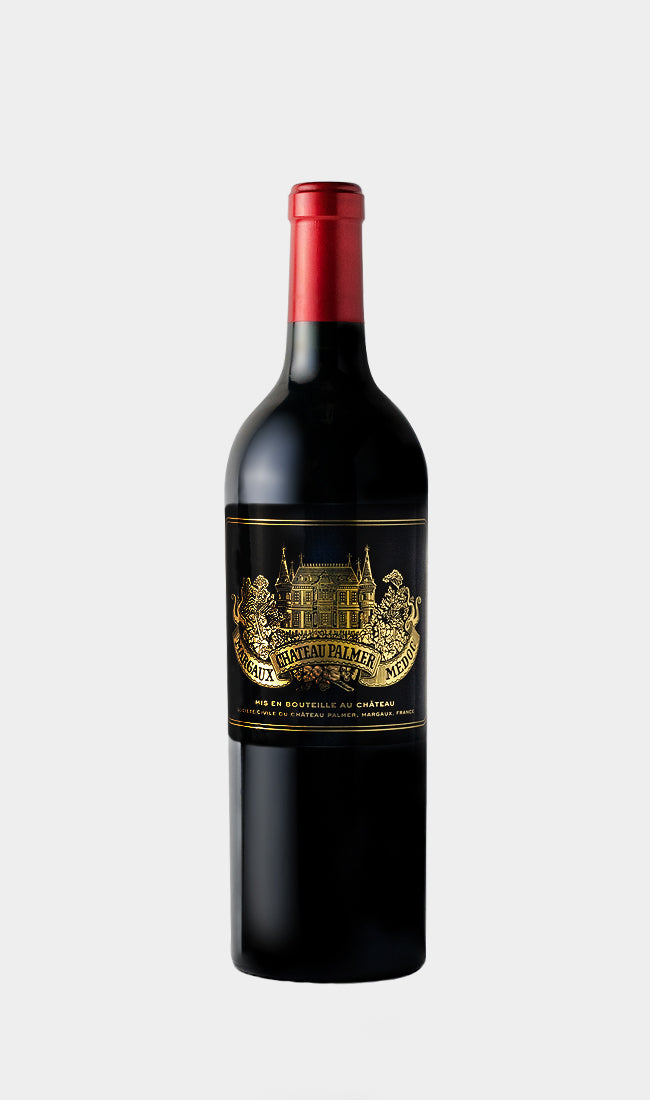
Damien Grelat of Bordeaux’s legendary winery Château Palmer believes that sustainability is the way to go in the vineyard and beyond. “I’m sure about this. The way we consume clothes, food, cars, anything, we need to think sustainability. It must be the same in the vineyard.”
A natural style of winemaking is practised at Palmer’s sprawling vineyards, which includes not spraying pesticides on the vines, using organic material to fertilise the soil and vinifying with natural yeast.

“We must respect and optimise the terroir, which is a gift from nature, and in the end, you have to interfere as little as possible,” adds Grelat, who joined as the winery as its Asia Pacific export director in 2014. The estate’s environmental conditions, or terroir, is what makes Palmer wines so great. Ranked as a third growth in the 1855 classification of Bordeaux wines, Palmer has punched above its class to rival top grade wines. “We are happy to be challengers, there are a few legendary vintages which can compete with the first class,” says Grelat, a native of Bordeaux. He grew up in the countryside surrounded by beautiful architecture and working summer jobs at vineyards. “We realised that Palmer has a terroir which can compete with the best guys in the world. But that’s a combination of hard work, techniques and a perfect environment.”
Making The Grade
For today’s consumers, how relevant is the grading of wines made on the orders of a French emperor over a century ago?

The 1855 classification is undoubtedly an important part of history, says Grelat, but he advises against being overly concerned when picking out wines. He says: “This classification is a good way to understand how things were done in 1855. Today, it is more than 150 years old; things have changed, winemaking has evolved. For beginner connoisseurs of wines, the knowledge is here. Once you understand wines, you know your palate, you know your taste. You are free to select what you want, whether it is a first, fifth, even a non-classified wine. The only good wines are the wines you like.”
Spending a great deal of time in this part of the world for work, Grelat says wine aficionados in Asia are getting more savvy and sophisticated. “There used to be a lot of label drinkers in the emerging markets, such as China and Thailand. They choose the bottle because of its reputation, or price,” says Grelat, who picked up Mandarin while studying at the National Taiwan University in Taipei. “Now there are sommelier, wine education; emerging markets are learning faster than any place in the world. What I see in Asia is that there is a lot of curiosity for wines and people are adopting wines into their daily life and culture.”
Hand In Hand
Food is a big part of the Asian culture, and Grelat recommends pairing Palmer wines with Cantonese roast duck or pork belly. Explaining why they make a good combination Pivēne CEO and Michelin-star sommelier Julien Drevon says that the wine’s tannin breaks down the protein in the meat, making the meat tender and soft. The sharp notes of the wine cut through the fattiness of the meat.

Another classic pairing is pigeon and wine. As Grelat points out, “You can never go wrong with this pairing.” It is no surprise then that pigeon pie filled with smoked bacon and ceps is served with other exquisite French dishes to private clients who visit Château Palmer’s grounds all year round. This menu is the creation of Palmer’s in-house Japanese chef Seiji Nagayama.
Speaking fondly of his colleague, Grelat says: “Seiji joined the same year as me; we are brothers-in-arm. He is an extremely reserved and shy person. He is a very talented chef, and he knows his French classics. He lives the experience every day at the château. He tastes wine with us, he gets a feel of the estate, he selects his produce, picks herbs from the garden and does his magic. He is very innovative and sometimes he comes up with pretty extraordinary recipes.”

It is all about team effort at Palmer. The affable Grelat is not afraid to get his hands dirty when harvest season rolls around. He says, “I participate in the harvest every year. I do a couple days in the cellar, a couple of days in the vineyard with everyone. Palmer sounds like a big name, but to be honest, we are a small team. We all know each other. We make decisions together, we share a lot, and there is a very good atmosphere, thanks to the people.”





.jpg?v=1730428338702)


